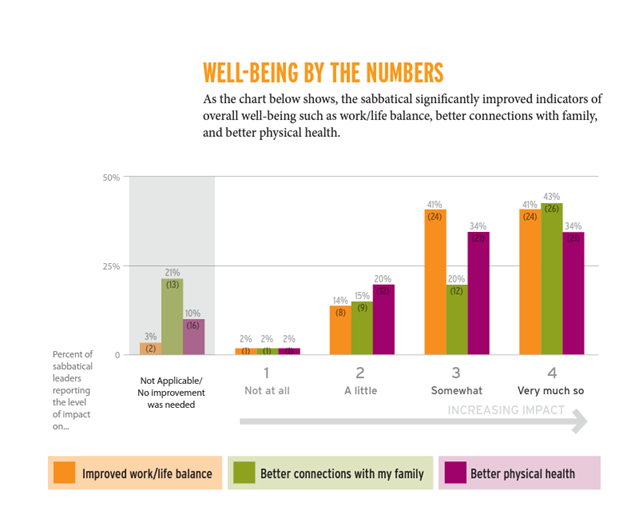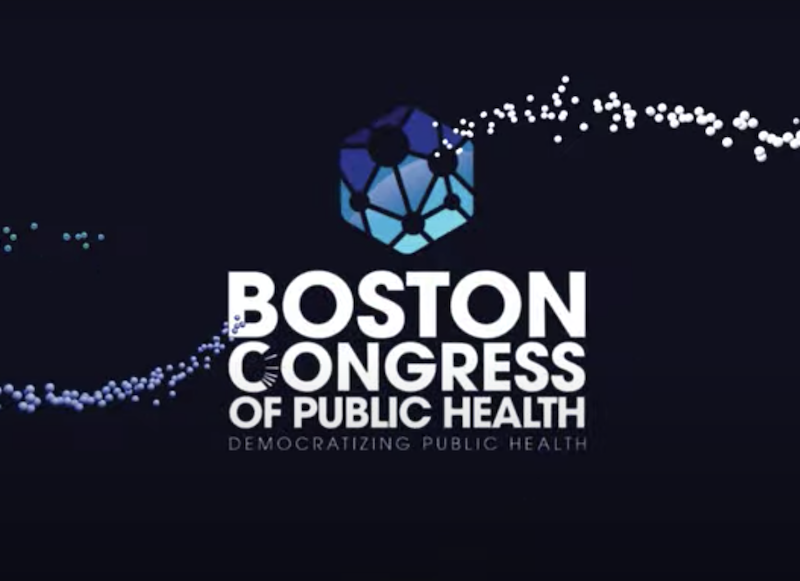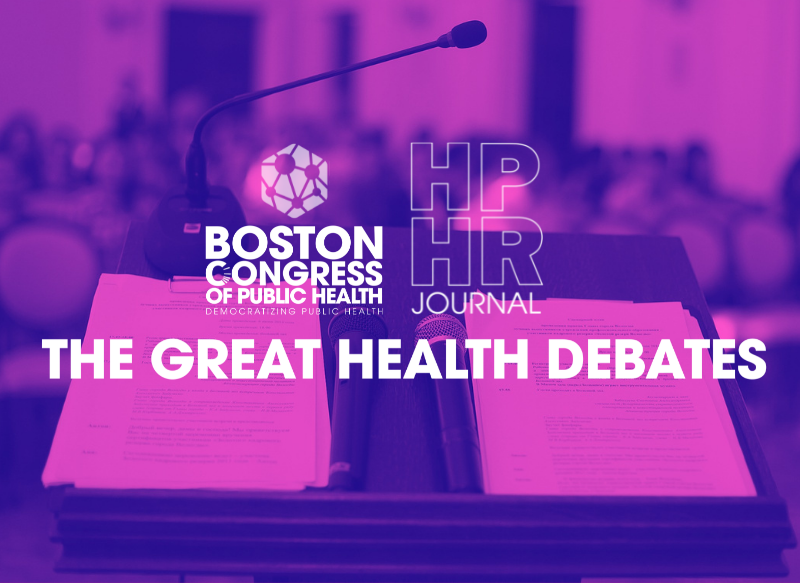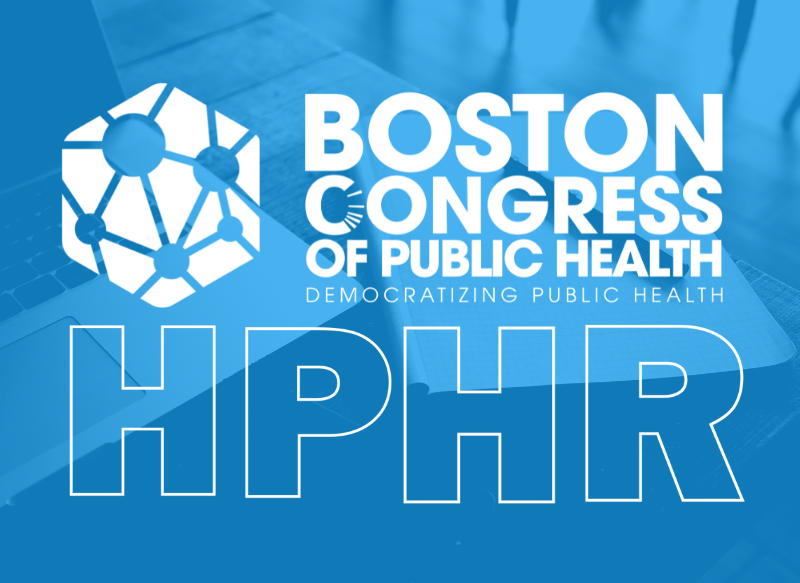Over the past few years, women leaders – especially women leaders of color – have been leaving the workplace in droves. It’s not surprising, as women of color are “more ambitious despite getting less support” in their professional environments.1
I recently joined this group.
But what if we didn’t have to permanently leave the workplace or workforce when these dynamics arose? What if there were other ways to rejuvenate and tap into our inner power?
Enter: the sabbatical.
I first heard about a sabbatical during my childhood when my mom – professor emeritus at a U.S. college – took one. Her first sabbatical was a two-year break from teaching to conduct ground-breaking research at the Centers for Disease Control and Prevention. Her second sabbatical was to accept a Fulbright Fellowship, moving our family to Namibia for a year where she taught at the local university, led a training program, and conducted independent research. Through my child-like eyes, in both sabbaticals, she was engaged in different types of work in contexts different from her day-to-day. I saw her develop different skills, experience different cultures, and return to her job post-sabbatical with renewed energy and vision, benefiting her family along the way.
Two decades later, after seeing my mom’s model of what a sabbatical could be, I decided to take one of my own. I admit, I was inspired by the changing landscape I’ve seen over the last few years, and the people in my global health and gender equality network who shared the occasional snippet of their own sabbaticals. Almost always, these colleagues came back from their month, or two, or three, away with a new job, a promotion, or a renewed perspective on their work.
It got me thinking: What the heck is a sabbatical? Can taking one make us better leaders? And how can I make the most of mine?
Defined as “a break or change from a normal routine (as of employment),”2 a sabbatical – simply put – is time off. Its interesting linguistic history, as a sister word to “sabbath,” is traced to Greek and Hebrew, translating to what we know today as the concept of “rest.”3,4
There is not a single type of sabbatical, and different people likely have different needs for their time of rest. Emerging research (and yes, there is research on this!) describes three distinct yet compelling types:
I’ve decided to define a sabbatical as an intentional period of not working for steady salary in the industry in which I was trained. I love knowing that there are other “Quest-ers” out there and see my sabbatical as providing space to re-prioritize and reimagine. It’s a time I feel blessed to take with the support of a working husband and my savings. It’s a time I intend to take full advantage of on the journey to fulfilling my life’s purpose.
According to the growing number of professionals taking them6: yes! A study of 61 non-profit organization leaders who were awarded sabbaticals described greater confidence, better organizational relationships, and fresh vision.7 Other researchers echo similar sentiments, finding that “sabbaticals were much more than a respite from work, they were, in fact, life-changing, identity-changing experiences.”8

But it’s not just individuals who are recognizing the power of the sabbatical; it’s also their employers. Academic institutions have normalized taking sabbaticals. The Society for Human Resources Management found that 16% of organizations offered sabbaticals to their employees in 2019, and that number continues to grow today.9 Sabbaticals are increasingly recognized as win-win for an organization because they give employees an opportunity to renew and reset, creating space for them to return to their job with more clarity and energy.10 In fact, sabbaticals may be an underutilized tool in spaces like global health and gender equality to build up authentic and engaged leaders.
I spent the early weeks of my sabbatical, first, in disbelief that I left a dream job, and second, prioritizing what my husband and I needed most that was difficult in my last job: moving cross-country to be closer to family. Amid these transitions, as I approach the three-month mark, I have spent my time in a self-driven mix of rest, rediscovery, and professional exploration, while experiencing a drastic shift in my energy for the first time in a long time. No two days are the same, and I have spent my time:
I have ticked off items I didn’t even know were on my bucket list – like delivering a commencement speech to my alma matter.13 I’ve spent unhurried time with family and friends. I’ve watched quality television shows like Love is Blind and Ted Lasso, laughing more than I have in a longtime. And I’ve tapped back into my creative muscles through writing for different audiences and painting.
I didn’t plan my sabbatical this way, but if I’m honest, I don’t think I could have planned it better. And that’s what excites me most about this moment in time: I’m giving myself permission to prioritize life, take care of myself, and do what brings me joy in ways that bring me joy.
To be clear, I don’t feel fully “human” yet. Keeping up with email is slow. I often wonder if I’ll ever find the perfect next position at the perfect place. And there are relationships I want to pour back into when I have more energy.
But, for the first time in a long time, the promise I’m working toward isn’t a promotion that may never come on my timetable or the need to stay relevant. I’m just working toward a better, happier, healthier version of myself.
And that, to me, is the untapped power of the sabbatical: an opportunity to unlock progress in my individual health as well as the health of communities I’ll serve in future.
The mission of the Boston Congress of Public Health Thought Leadership for Public Health Fellowship (BCPH Fellowship) seeks to:
It is guided by an overall vision to provide a platform, training, and support network for the next generation of public health thought leaders and public scholars to explore and grow their voice.





